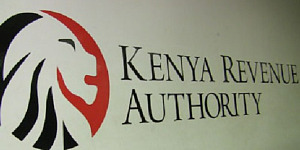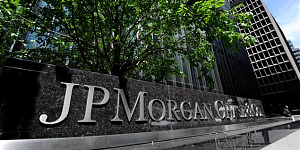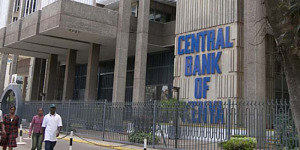The Kenyan government has decided to create an agricultural and non-agricultural exchange according to the Principal Secretary at the State Department of Trade Chris Kiptoo.
The change from its earlier plan could further delay the setting up of a regional commodities exchange since the legal and institutional process to set it up could take time.
Dr Kiptoo said the new Warehouse Receipt Bill is ready and has been presented to the Attorney General for consideration. The earlier Bill has been in the National Assembly since 2015 indicating Kenya’s lack of commitment in the joint project that includes Rwanda and Uganda.
The three countries decided to establish a joint exchange and warehouse receipting system to allow for transparency in pricing and standards of agricultural products. The plan is part of the Northern Corridor infrastructure project that connects Rwanda, Uganda, Kenya, and South Sudan.
Each country is supposed to establish its own private sector driven exchange that will be electronically connected to allow interaction between buyers and sellers from the three countries.
The original plan was an exchange trading in agricultural goods only such as millet, coffee, and maize in the first stage and tea, ground nuts, and pigeon peas in the second stage. Non-agricultural products were to be introduced when the market was completely operational.
Kenya’s slow pace in creating the legislation to support the establishment of an exchange has seen it lag behind its regional partners where Rwanda has already established a private sector driven commodities exchange.
Kenya plans to convert entities such as the Kenya Planters Cooperative Union, the Kenya National Trading Corporation, the Kenya Farmers Association, and the National Cereals and Produce Board into warehouses for the planned market.
The Benefits
Farmers will benefit from the warehouse receipting system through access to credit from financial institutions using agricultural produce as collateral.
In addition, the joint exchange will promote food security, stable prices, uniform standards of quantity and quality, regional integration, and EAC’s negotiating power with the rest of the world.








































